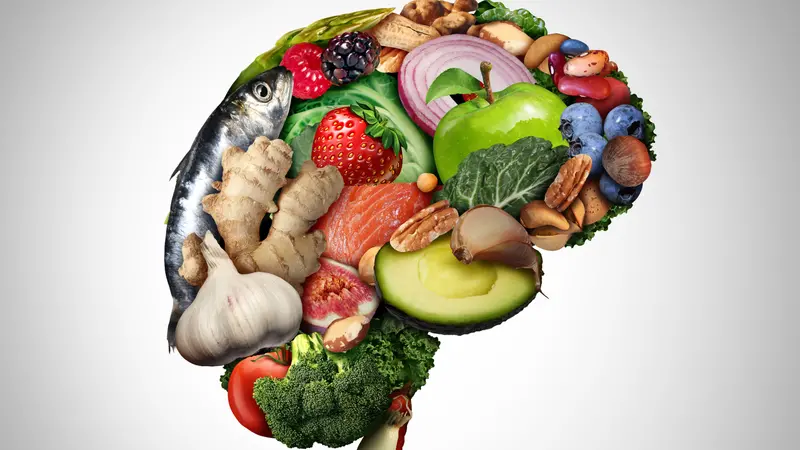

Mental and Behavioral Well-Being

Mental and Behavioral Well-Being
Top Five Nutritional Deficiencies in Mental Health Problems
Nutritional deficiencies are the most overlooked biological component to mental well-being.
A complete blood panel can reveal any nutritional deficiencies, and addressing this area with healthy eating and nutritional care increase both mental and physical health.
The following are the top five nutrients needed for optimal brain function.
Vitamin D
Vitamin D regulates the production of adrenaline, noradrenaline, and dopamine, and plays a vital role as an important hormone for brain function. Vitamin D deficiency manifests in a variety of ways:
- Fatigue
- Muscle weakness
- Hair loss
- Back pain
- Poor skin healing
- Bone pain
- Mood change
Foods to Recommend
Consume a diet rich in natural sources of vitamin D such as eggs, fatty fish (e.g., sock-eyed salmon or trout), mushrooms, fortified foods (e.g., brown rice), goat cheese, and gluten-free oats.
Vitamin B
Vitamin B deficiency (B1, B6, B7, B12, B complex) can contribute to depression, anxiety, and mood swings and is associated with a disruption in both the nervous and circulatory systems. B12/B9, or folate, is at the forefront of mood management, and people fighting depression tend to have lower levels of folate in the blood.
Foods to Recommend
Folate is present in dark green vegetables, beans, peas, citrus fruits, and legumes (e.g., lentils and garbanzo beans).
Magnesium
Magnesium deficiency is known to increase many symptoms related to mental disorders, such as:
- Agitation
- Anxiety
- Irritability
- Confusion
- Insomnia
- Headache
- Hallucinations
- Depression
Foods to Recommend
Magnesium-rich foods include pumpkin seeds, dark organic chocolate (72%), and almonds, and should be incorporated into the diet at least three times per day.
Omega-3s
Omega-3 fatty acids are critical for brain function, mental sharpness, and positive mood. Symptoms of omega-3 fatty acid deficiency include:
- Fatigue
- Poor memory
- Dry skin
- Heart problems
- Mood swings or depression
- Poor circulation
Foods to Recommend
Sources of omega-3 fatty acids include oily fish (e.g., sock-eyed salmon or cod), flaxseeds, and walnuts.
Probiotics
Probiotic deficiency is the most ignored deficiency and creates the worst symptoms that affect millions of people worldwide. Probiotics (i.e., a mix of live bacteria and yeast that live naturally in the human gastrointestinal tract) promote healthy digestion, a healthy response to stress, positive mood, and emotional balance.
Mental health issues that have been linked to an unhealthy gut include:
- ADD/ADHD
- Anxiety
- Depression
- Schizophrenia
- Alzheimer’s disease
Physical issues include:
- Autoimmune problems (thyroid issues and arthritis disorders)
- Digestive issues (IBS, constipation, diarrhea, heartburn, or bloating)
- Sleep issues
- Skin rashes
- Allergies
- Sugar cravings
Foods to Recommend
Probiotic foods include organic yogurt, kefir, sauerkraut, kimchi, non-GMO miso, kombucha (but be aware of sugar content), and pickles.
REFERENCES
Mayo, K. (2022, May 10). Five common nutritional deficiencies in mental health problems. Amen Clinics. https://www.amenclinics.com/blog/5-common-nutritional-deficiencies-in-mental-health-problems


 By
By







